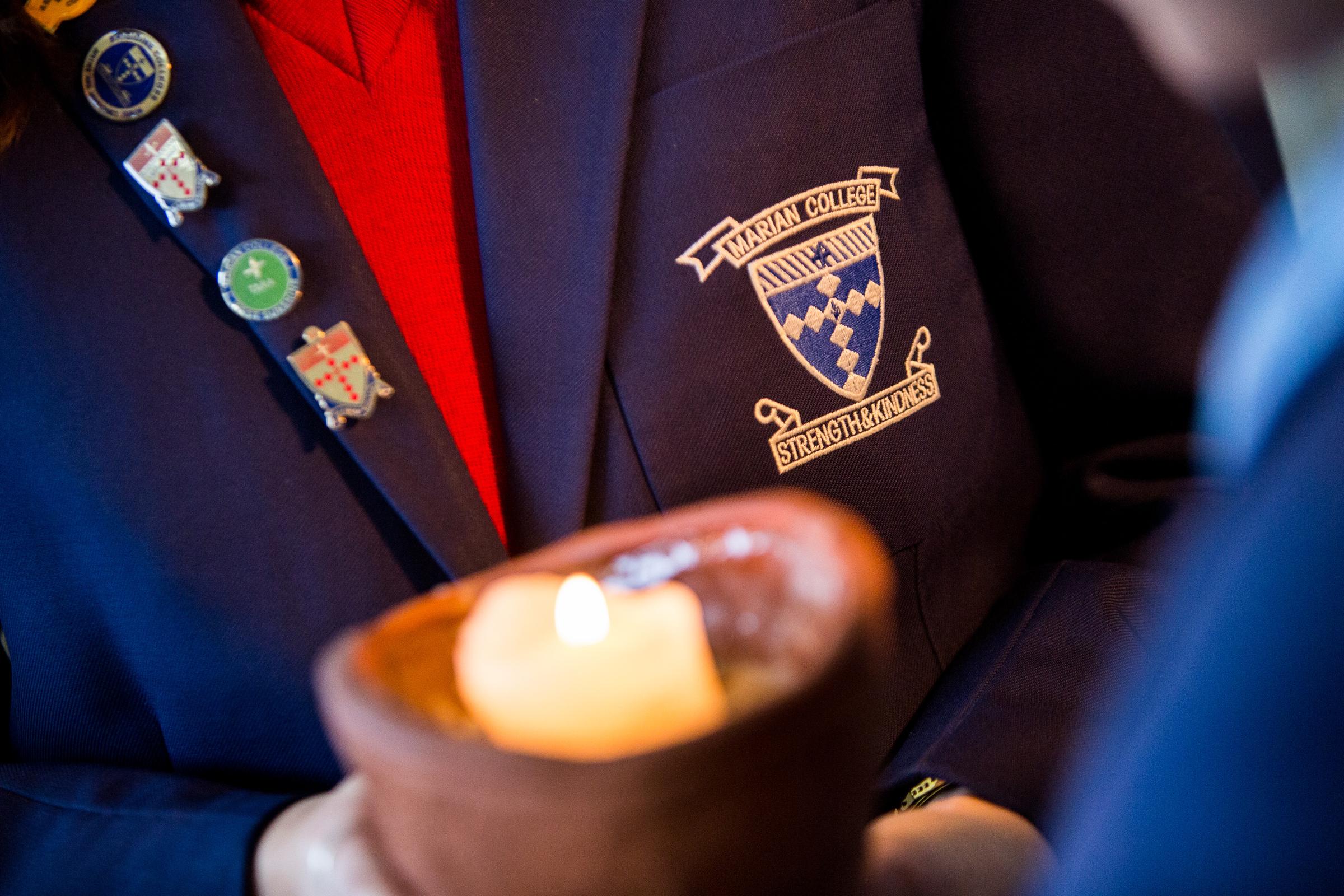Faith and Mission

The Uluru Statement from the Heart
The Uluru Statement from the Heart (Uluru Statement) https://ulurustatement.org/the-statement/view-the-statement/
represents a historic consensus of Indigenous leaders in seeking constitutional change to recognise First Australians through a Voice to Parliament.
What is the Uluru Statement?
The Uluru Statement is an invitation from the Aboriginal and Torres Strait Islander people to “walk with us in a movement of the Australian people for a better future”. It calls for structural reforms including constitutional change to establish a Voice to Parliament enshrined in the Constitution.
What is the Constitution?
As explained by The Australian Human Rights Commission, the Constitution is the founding document of our nation and is the pre-eminent source of law. The Constitution was drafted at a time when Australia was considered a land that belonged to no one before European settlement and when Aboriginal and Torres Strait Islander peoples were considered a 'dying race' not worthy of citizenship or humanity.
Image: Uluru, Northern Territory. Kate Brand. Permission to use via Pexel Images.
Aboriginal and Torres Strait Islander peoples were excluded from the discussions about the creation of a new nation to be situated on their Ancestral lands and waters.
Recognition of Aboriginal and Torres Strait Islander peoples in the Australian Constitution
Aboriginal and Torres Strait Islander peoples are not mentioned in the Constitution. The Constitution still allows racial discrimination – not just against Aboriginal and Torres Strait Islander peoples but against anyone. The only way we can change the Constitution is if a majority of voters in a majority of states vote YES at a referendum.
What is a referendum?
A referendum is a vote by Australians over the age of 18, just like voting in an election. Instead of voting on politicians as we do in an election, in a referendum we vote on a specific change to the Constitution.
In a 1967 referendum, over 90% of Australian voters agreed to change our Constitution to give the federal parliament the power to make laws in relation to Aboriginal and Torres Strait Islander people and to allow for Aboriginal and Torres Strait Islander people to be included in the census. But this referendum did not recognise Aboriginal and Torres Strait Islander peoples as first peoples.
The Benefits of change
Recognising Aboriginal and Torres Strait Islander peoples in the preamble of the Constitution and ensuring the Constitution does not discriminate against anyone will not give any Australians more rights than others. In fact, these changes will build stronger relationships of trust and mutual respect between Aboriginal and Torres Strait Islander peoples and other Australians.
Image: Uluru, Northern Territory. Jonas Shallenberg. Permission to use via Pexel Images.
Marian Staff and Students explore the Uluru Statement
In 2022, the staff at Marian spent a day gaining a better understanding of the Uluru Statement and explored the importance of Indigenous voices in the Constitution. We explored how to connect the Statement to our College Mission Statement that reads: First Nations Peoples as custodians of our Earth, affirming our faith in the future through responsible stewardship of all creation. The Year 12 students studying English Language were also tasked with writing an Analytical Commentary on the Uluru Statement. This is basically a linguistic analysis that is anchored around the social purpose of the text.
Below is an extract from a Year 12 School Assessment Task (SAC). One objective of the task explored the social purpose of the Statement. Mary from Senior Mannix writes;
… Australian Aboriginal leaders are appealing to the government and Australian citizens to make a change to the constitution to expand Indigenous representation through the means of fostering solidarity among Australians. The appeal holds a secondary social purpose of appealing toward positive face needs for a desire for unity among people.
Compound-complex and complex sentence structures provide an air of sophistication and professionalism in this appeal towards the government and Australian citizens…
Throughout the statement, the leaders maintain a primary social purpose of fostering solidarity among Australian citizens and appealing to their positive face needs. The continual use of the first-person plural pronoun “we” (1), as well as the first-person plural possessive adjective “our” (3), denotes the existence of community and this sense of unity particularly among “Aboriginal and Torres Strait Islander tribes” (3). The application of code mixing through the use of the “Yolngu word” (36) “Makarrata” (30) attributes to the root aim of the appeal to “change the constitution...to improve the representation of Indigenous Australians” (-3,-2) and highlights the importance for the “First Nations voice” (26) to be “enshrined in the Constitution” (26)...
Thank you Mary and Ms Zalac for unpacking and analysing the meaning behind the Uluru Statement and sharing your work with the Marian Community.
Image: Map of Australia. Nothing Ahead. Permission to use via Pexel Images
Bernadette Casey
Assistant to the Principal - Faith and Mission



